It’s important to acknowledge that spiritual struggles are valid. Questioning doesn’t mean your faith is weak. Often, it’s the opposite – a sign of seeking authentic truth, not blind adherence. This journey is personal; there’s no single “right way” to handle it. Be gentle with yourself, and trust that even in periods of doubt, there is a path towards finding meaning and a place of spiritual peace, whatever that may look like for you.
1. Recognize You’re Not Alone.

Even clergy struggle with questions at times! Feeling like the odd one out intensifies the pain. Knowing that religious doubt is a normal part of the human experience brings some comfort. Seek out books, podcasts, etc., by those who’ve wrestled with similar questions. They may not have your answers, but their stories diminish the sense of crippling isolation.
2. Separate “Faith” from “Religion.”

If your struggle is with the organized religion you were raised in, that doesn’t mean abandoning spirituality. Many find that exploring other faith traditions, or seeking a relationship with the divine outside of institutional structures, helps them rediscover a sense of the sacred that feels authentic to them. Faith and religion are not the same, The Guardian points out.
3. Find a Safe Person To Confide In.

A trusted mentor, therapist, or spiritually open-minded friend… someone who will LISTEN without rushing to fix or judge you. Simply having your inner turmoil witnessed with compassion eases the burden. If those in your religious circle aren’t safe, seek support outside. This is a time to prioritize your own emotional well-being.
4. Give Yourself Permission NOT to Have Answers Right Now.

Doubts are rarely solved overnight. Forcing yourself to pretend certainty when you’re in genuine turmoil damages your relationship with faith long-term. It’s okay to say “I honestly don’t know what I believe anymore” – to yourself and others. This allows room to explore without the crushing pressure of feeling like you’re failing if there’s no neat resolution.
5. Journal to Process the Big Questions.

What exactly is bothering you? Theology, hypocrisy you’ve observed, feeling unmoved by rituals… get it out of your head and onto paper. Often, in writing it down, things clarify. The very act of honest articulation is cathartic, even if the answers don’t magically appear the moment you put down the pen.
6. Develop Rituals for When Belief Falters.
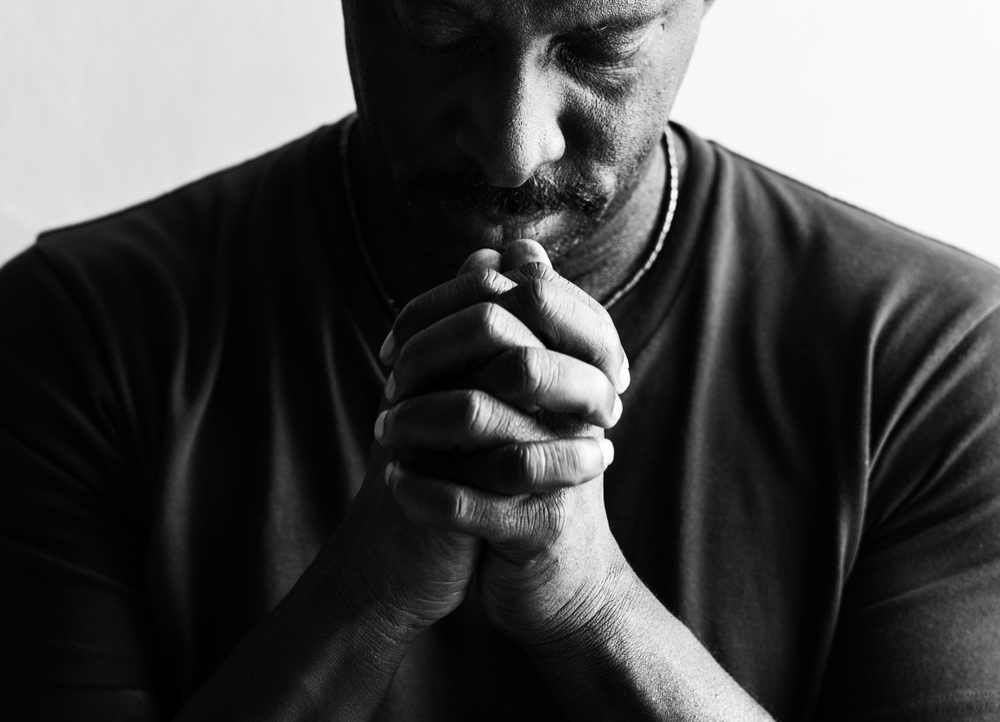
Prayer and worship may feel fraught when in turmoil. Find alternative rituals that ground you: a walk in nature, lighting a candle with no specific prayer, just a moment of intentional quiet. This maintains a sense of connection to the act of seeking, even when the destination feels obscured by the fog of doubt.
7. Take a “Sabbath” from Religious Activities That Spark Anxiety.

If services are painful right now, it’s okay to step back. Forcing yourself through them breeds resentment, not faith. Find what replenishes YOU – time with loved ones, art, being in nature. When (and if) you feel ready to re-engage, it will be from a place of seeking nourishment, not distressed obligation.
8. Be Mindful of What You C0nsume.

Endless debates online, or dwelling on upsetting religious news, fuels anxiety. Step back. Seek out media that makes you feel peaceful, or that ignites your curiosity in ANY domain. Preserving your emotional bandwidth is vital during a time when your internal world is already feeling tumultuous.
9. Explore Your Emotional Relationship to Faith.

Was it mainly a source of comfort, or also fear (of punishment, etc.)? Sometimes, what needs untangling is our emotional baggage tied up with religion. Intellectual doubt is often easier to address than the deep-seated fear instilled in childhood, which requires both self-compassion and sometimes professional guidance to unpack.
10. Focus on Practical Acts of Compassion.
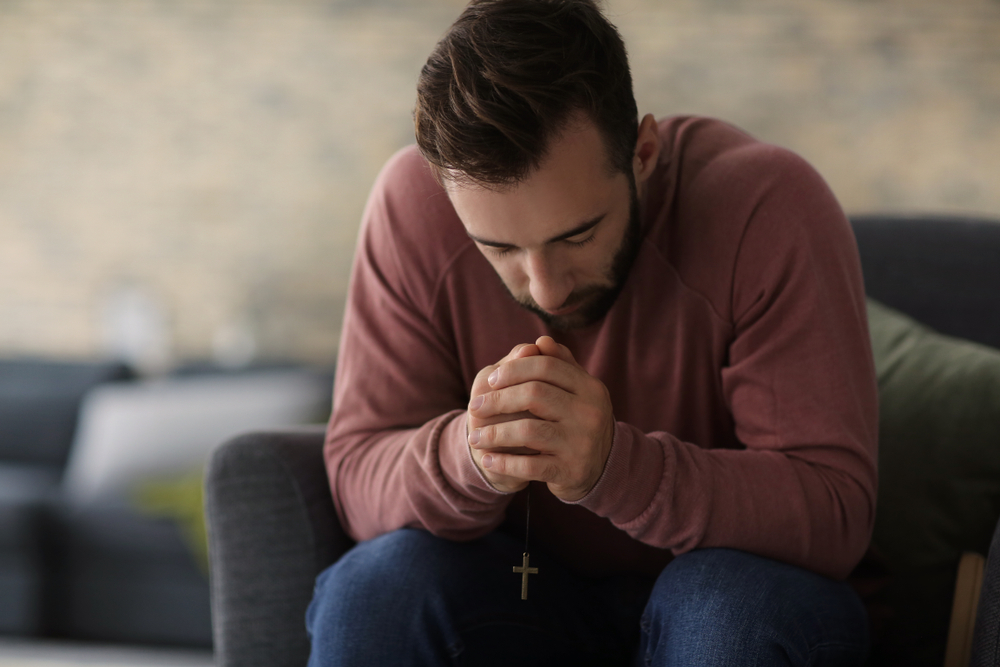
If theology feels overwhelming, ground yourself in action. Volunteering, helping a neighbor, and small kindnesses all embody the core of most faiths. Doing good reminds you that your value system is still intact, even if your beliefs are shifting. This builds a sense of meaning, separate from the doubts plaguing you.
11. Learn About the Historical Context of Religious Texts.

If your struggle is with scripture that feels outdated or unjust, studying how it was shaped by the era it originated in helps. This isn’t to diminish the text’s sacredness to some, but to understand it doesn’t exist in a vacuum. Grasping this allows you to appreciate any wisdom within it, while leaving space to question parts that don’t align with your modern conscience.
12. “Try On” Other Practices for Contrast.
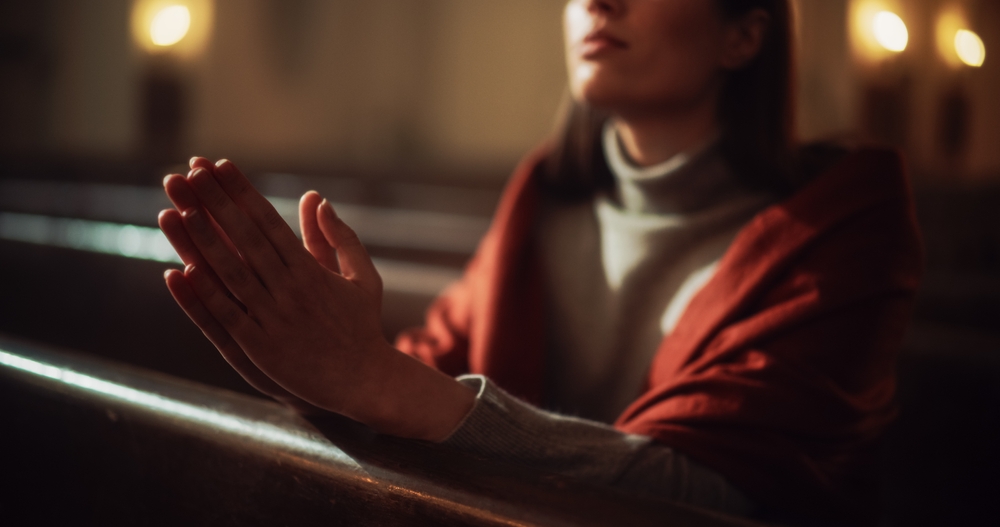
A meditation class, attending a service in a different denomination, learning about secular philosophies… this is NOT about abandoning your faith, but expanding it. You may find things that DON’T resonate, making your original path feel even more like home. Or, you might discover a new vocabulary to express a spirituality that feels more authentic.
13. Recognize When Spiritual Doubt Masks Other Pains.
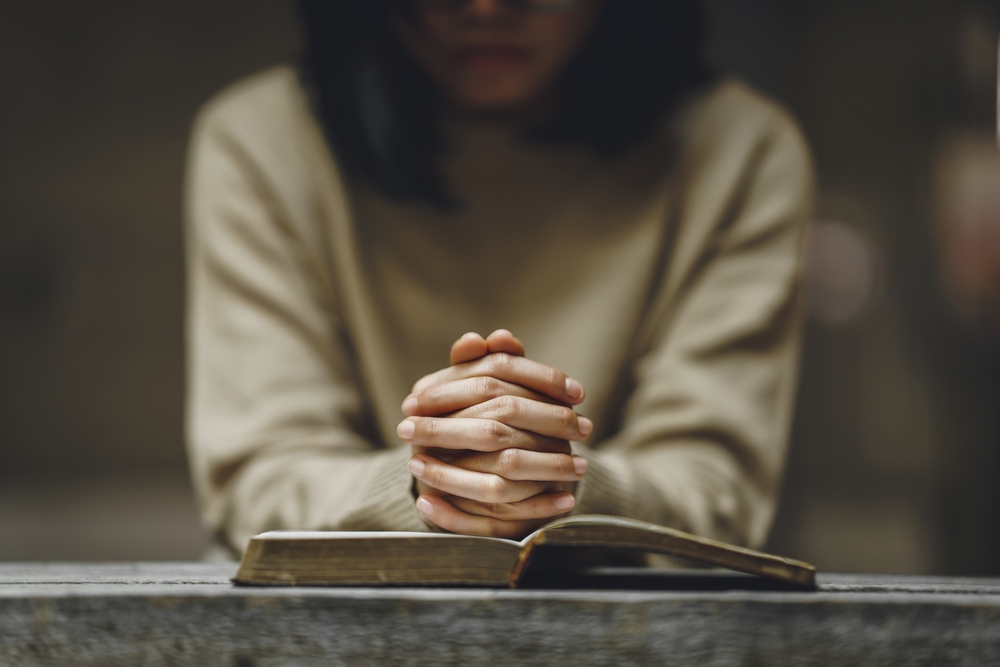
Trauma, grief, major life changes — all of these can manifest as a crisis of faith. If everything feels meaningless, addressing the root emotional wound is vital. Again, therapy can be invaluable. As you heal, your spiritual questions may not vanish entirely, but they’ll feel less entwined with a sense of existential despair.
14. Learn the Difference Between Doubt and Despair.

Doubting specific doctrines is healthy. Despair is “It’s ALL meaningless, why go on?” If your struggles tip into this, seek mental health help IMMEDIATELY. Depression warps perspective, making faith feel impossible. Treating the depression often allows spiritual questions to be explored with less of that crushing hopelessness.
15. Try Small Experiments with “Reframed” Faith.

Can you still pray, but as an open conversation with the universe rather than rote recitation? Enjoy the rituals for their aesthetic beauty even if the literal theology makes you cringe? It’s okay to tinker and see what still provides comfort. Faith doesn’t have to be all-or-nothing.
16. Beware of Those Offering Easy Answers When There Are None.
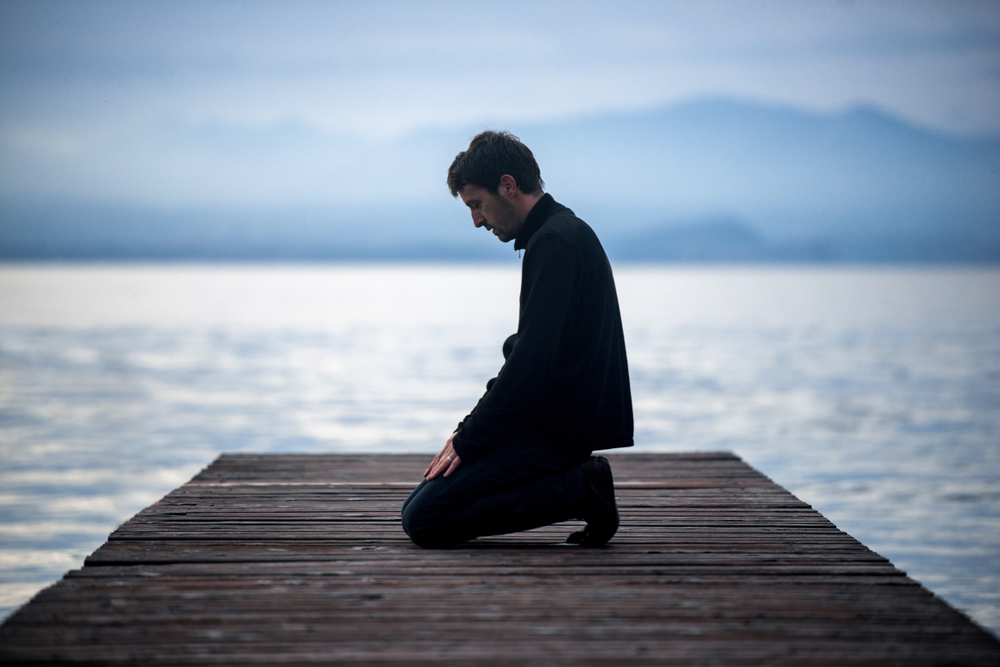
Anyone claiming to know the definitive, painless solutions either doesn’t understand the depth of your questions, or is more interested in recruiting you to their beliefs than supporting you finding your truth. This period is about wrestling with the profound, and simplistic answers are rarely helpful, even if well-intentioned. Gurus are often narcissists out for their own gain, not your evolution. Beware of them, warns PsychCentral.
17. Accept That Spiritual Bypassing Harms, Not Heals.

Saying your doubts are just “ego” or “lack of trust in God” invalidates your struggle. Platitudes about positive thinking won’t fix this. Real faith allows for the messiness of human questioning. Those who push this on you are denying you the process you need to undertake for authentic spiritual growth to occur.
18. Understand That You May Never Find All the Answers – and That’s OKAY.
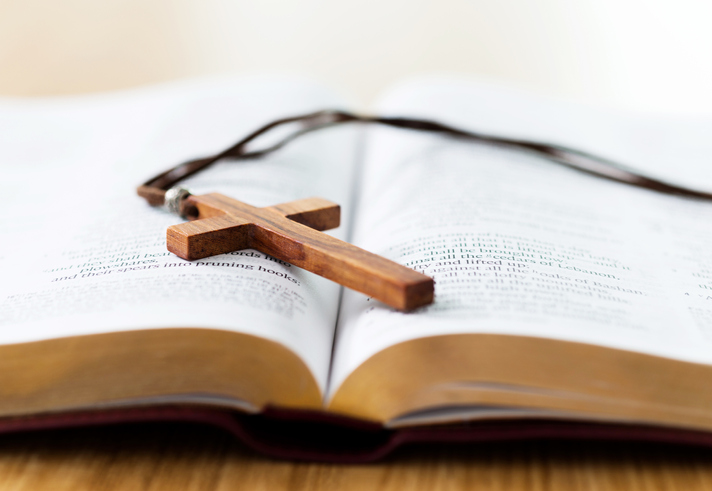
Some questions are eternal. Faith often involves surrendering some need for concrete certainty. Finding peace within an evolving understanding of the Divine, rather than having a rigidly defined dogma, is what mature faith often looks like. This can take time, and self-compassion for the discomfort along the way is key.
Enjoy this piece? Give it a like and follow PsychLove on MSN for more!





